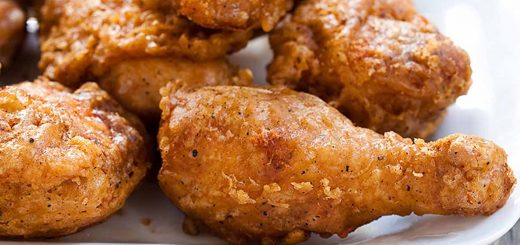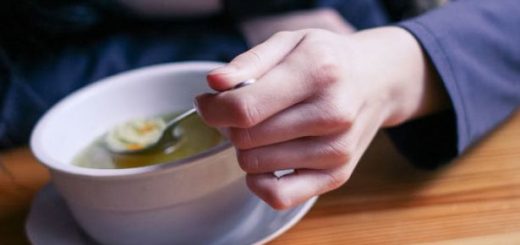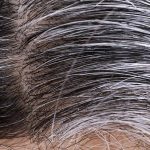QUESTION:
I want to ask regarding the verdict on the permissibility of Coca-Cola issued by the respected Mufti Qasim Zia al-Qadri (see Q-ID0251). It contradicts with the research done by Sayyid Rashiduddin, who is an Oxford graduate and a scientist. Kindly consult his thesis and guide us regarding this issue.
Questioner: R. Mitha from UK
ANSWER:
بسم اللہ الرحمن الرحیم
الجواب بعون الملک الوھاب اللھم ھدایۃ الحق والصواب
We thank you for bringing this research to our notice. When we had issued a verdict on the permissibility of Coca-Cola, we had researched on the issue based on various reliable sources. It was proven that it does not contain alcohol. However, later we found on many reliable websites that Coca-Cola and other drinks do not contain alcohol as an ingredient but during natural flavouring, the flavour is solved in ethanol and mixed with the drink. During the process, the ethanol evaporates but remains in small quantities. The Coca-Cola website says that it does not contain alcohol as mentioned in the following links:
http://www.coca-colacompany.com/contact-us/coca-cola-rumors-facts
“In the manufacture of Coca-Cola, alcohol is not added as an ingredient and no fermentation takes place.”
http://www.coca-cola.co.uk/faq/ingredients/does-coca-cola-contain-alcohol
“Our ingredients and manufacturing processes are rigorously regulated by government and health authorities in more than 200 countries. All of them have consistently recognised Coca‑Cola as a non-alcoholic product.”
Other drinks like Lucozade also contain alcohol but it is added only during flavouring and evaporates during the process. However, this is a very small quantity.
https://www.lucozadeenergy.com/contact/
“We do not add alcohol to our products as an ingredient, but there may be very low levels present in our products as alcohol is present as part of some of the flavorings used in our products. Alcohol is defined as ethyl alcohol or ethanol.”
Rubicon mango juice also contains alcohol but not as an ingredient. It is added during the flavouring process of which a very minute quantity remains later. Similar is the case with other drinks as well.
http://www.rubiconexotic.com/#/faqs
“Following the development of modern analytical equipment it is now possible to detect miniscule traces of alcohol in the majority of soft drinks including fruit juices. These trace levels of alcohol can either come from the process used in the production of the flavorings that are used in some soft drinks or from the fruit juice.”
“These trace levels of alcohol are so miniscule that they have no effect on the smell, colour or taste of the product and so bears no trace of its original nature. The body metabolizes the alcohol faster than it is consumed, meaning it can have no possible intoxicating effect.”
Other colas also contain traces of alcohol as mentioned in the following website:
“To close a persistent rumor about the presence of alcohol in colas, engineers of 60 Million realized their own dosages. Result? Nearly half of the colas tested contain alcohol – at very low doses (less than 10 mg of ethanol per liter, or close to 0.001%).”
Apart from the drinks mentioned above, there are other products too that contain alcohol as a solvent added during flavouring. These drinks are widespread in the entire Muslim world. Both the elite and laymen are involved in consuming them or serving them to others. This involvement is the reason for lightening the ruling on such drinks. Furthermore, I have researched and found that the ethanol used (in the flavouring process) is mostly derived from plants and herbs.
It is mentioned in the famous work known as ‘Chemistry and Technology’, “Solvent Aqueous ethanol is the most commonly used solvent in the extraction of herbs for soft drinks” (Chemistry and Technology of Soft Drinks and Fruit Juices by Philip R. Ashurst, pg. 327)
Moreover, the following can be found on the website of the Britannica Encyclopedia:
“Ethyl alcohol, also called ethanol, grain alcohol, or alcohol, a member of a class of organic compounds that are given the general name alcohols; its molecular formula is C2H5OH. Ethyl alcohol is an important industrial chemical; it is used as a solvent. The chief raw materials fermented for the production of industrial alcohol are sugar crops such as beets and sugarcane and grain crops such as corn (maize).”
https://www.britannica.com/science/ethyl-alcohol
If ethanol is obtained from sugarcane or other such crops, then there is a certain amount of dispensation in this issue according to Imam Abu Hanifah and Imam Abu Yusuf (may Allah be pleased with them). According to them, if the khamr (wine) is made from substances other than grapes, then consuming such khamr in minute quantities that do not cause intoxication, is not haram (prohibited). According to Imam Muhammad (may Allah be pleased with him), it is haram because fussaq (those who commit enormities) will misuse the ruling. Fatwa is given based on this.
Despite these dispensations, my stance is that the drinks which contain even the minutest quantities of alcohol, should be avoided. The entire Ummah (Muslim Nation) must abstain from these drinks. I have recommended that it should be avoided even in the verdict regarding Coca-Cola. I hand over the declaration of the impermissibility of such drinks to the noble scholars. They may look into this issue and benefit the Ummah.
واللہ تعالی اعلم ورسولہ اعلم صلی اللہ علیہ وآلہ وسلم
کتبہ ابو الحسن محمد قاسم ضیاء قادری
Answered by Mufti Qasim Zia al-Qadri
Translated by the SeekersPath Team
Read the original Urdu answer here: [Q-ID0539] Coke, Lucozade, Rubicon Mango all contain small traces of Alcohol, can we still drink them?
Also see:
[Q-ID0251] Is Coca-Cola halal or haram?
[Q-ID0240] Is white wine vinegar or spirit vinegar Haram?
[Q-ID0354] Are Prawns, Crabs & Shellfish halal to eat?
[Q-ID0259] Buying ‘halal’ meat without investigating where and from whom it has come
[Q-ID0329] What is the ruling on eating Ojri (stomach) and brains of an animal?
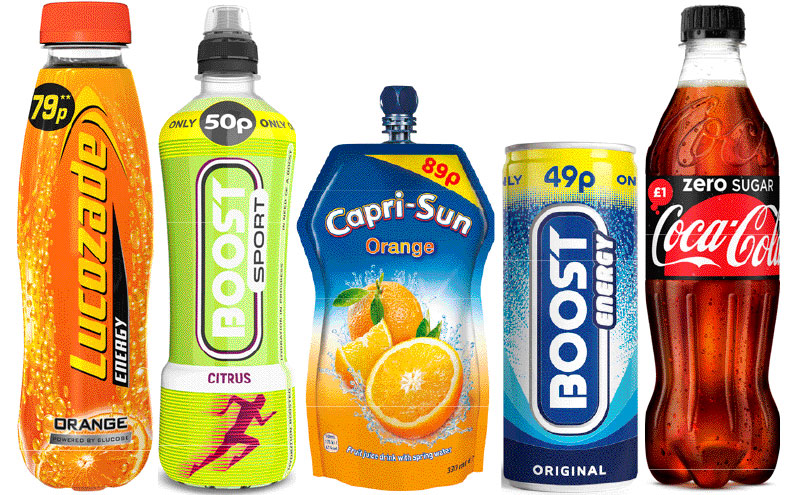
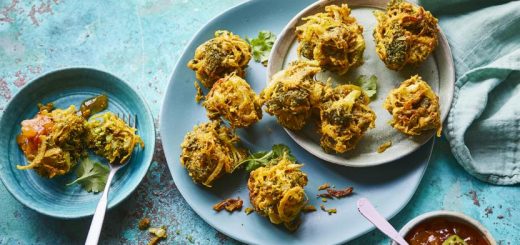
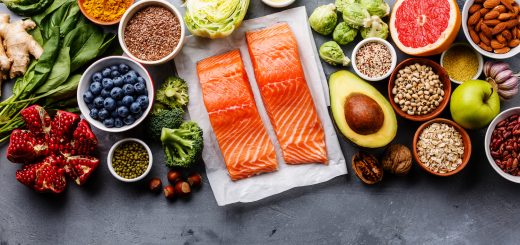
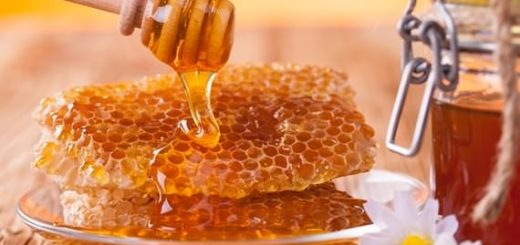
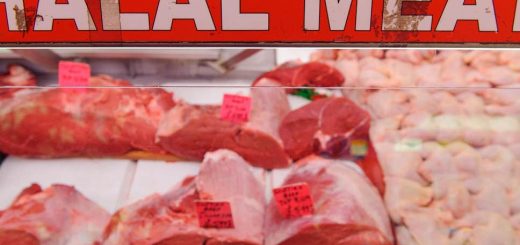


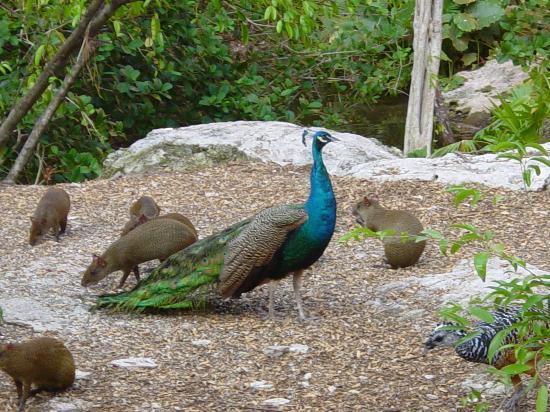
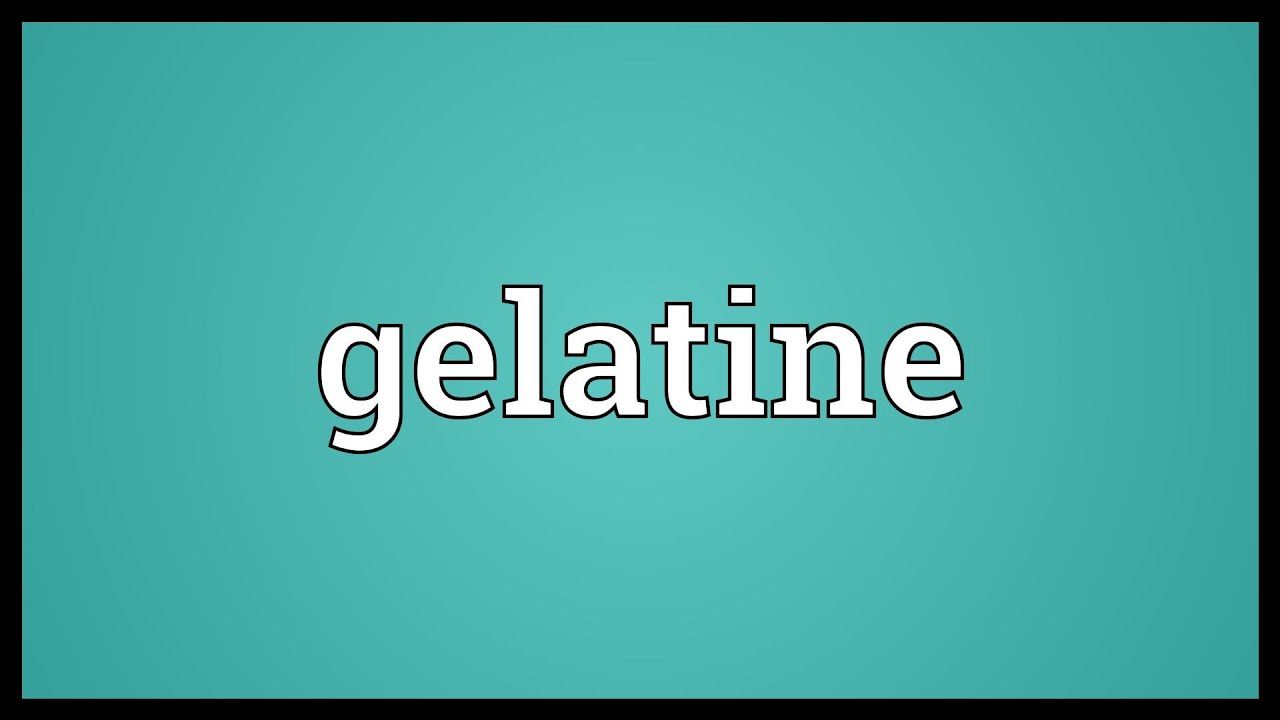
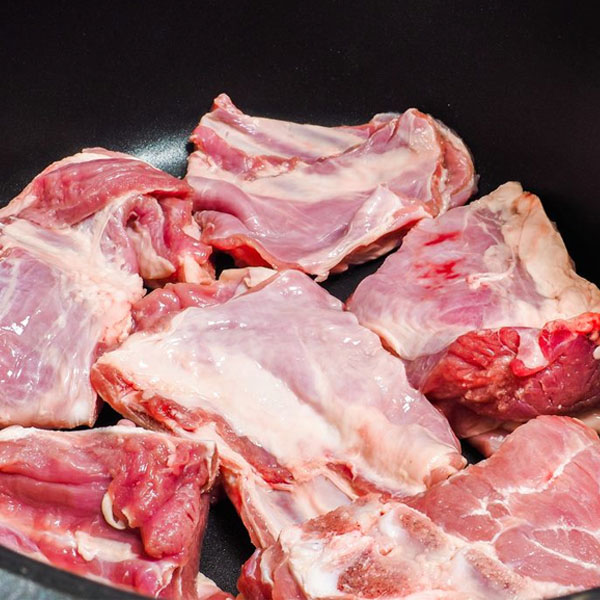


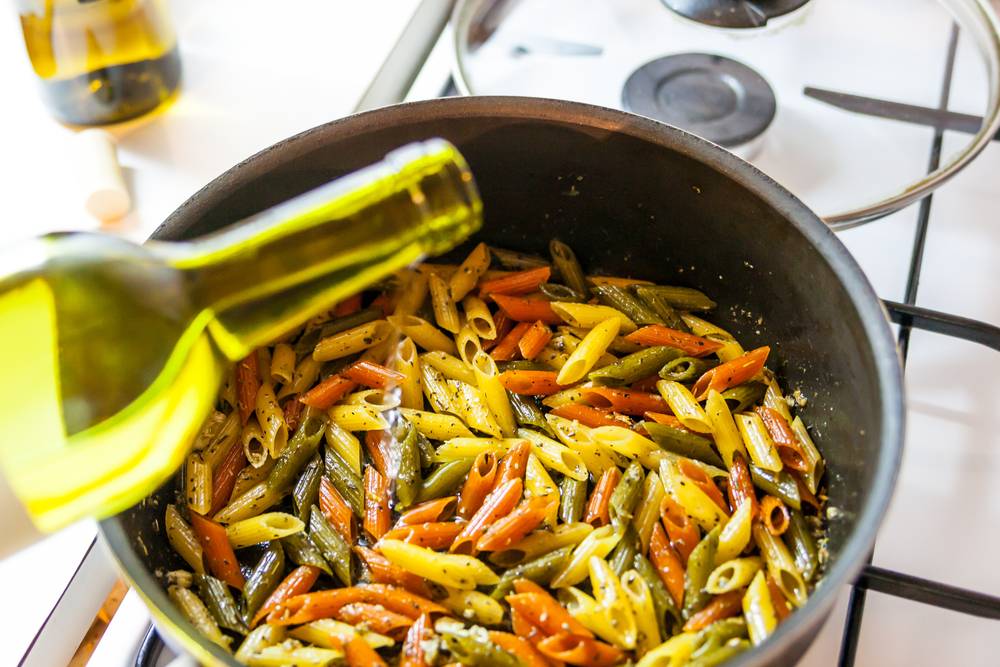

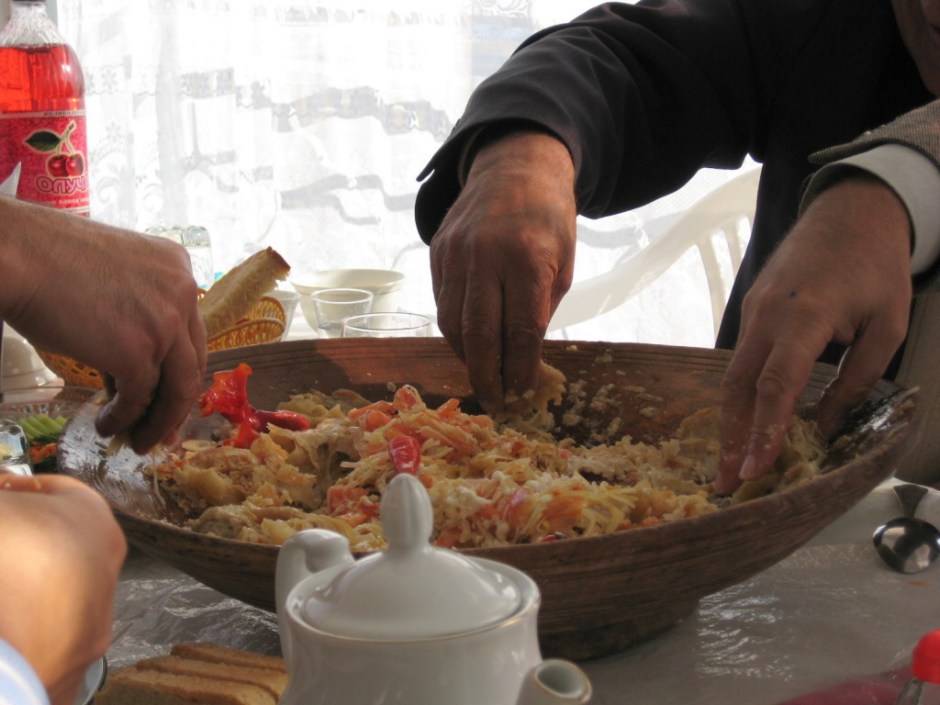






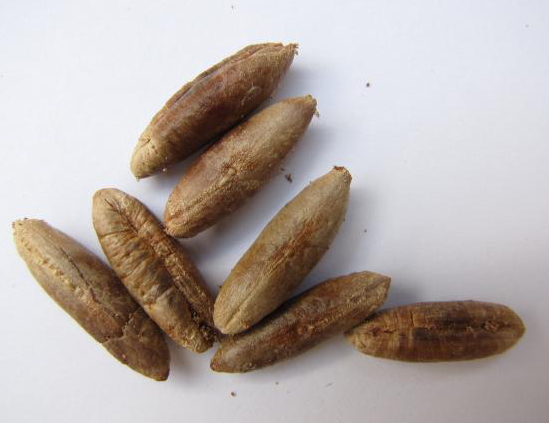
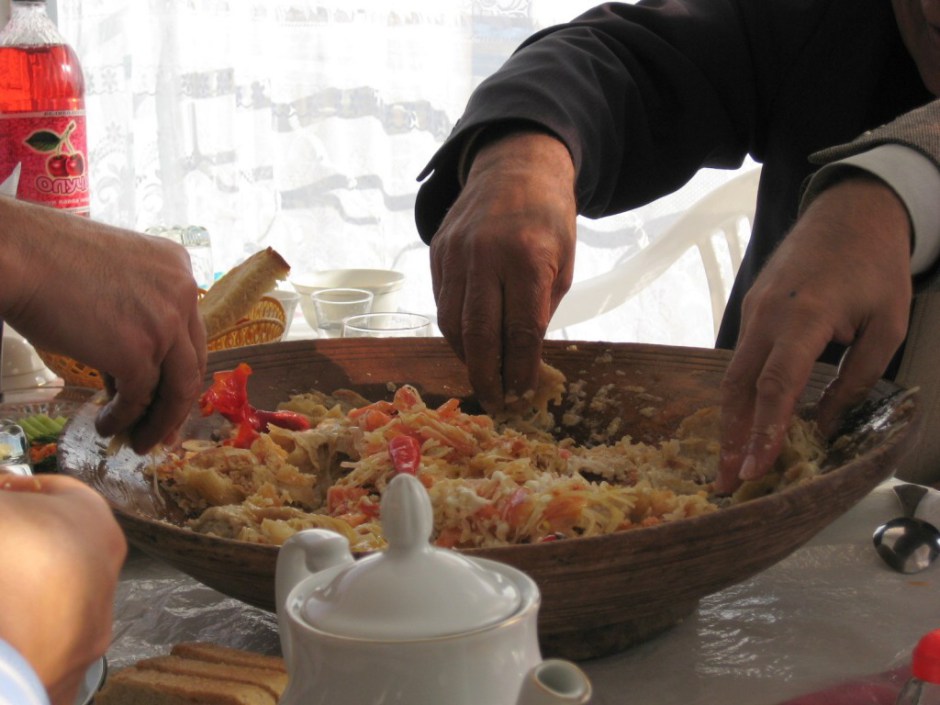
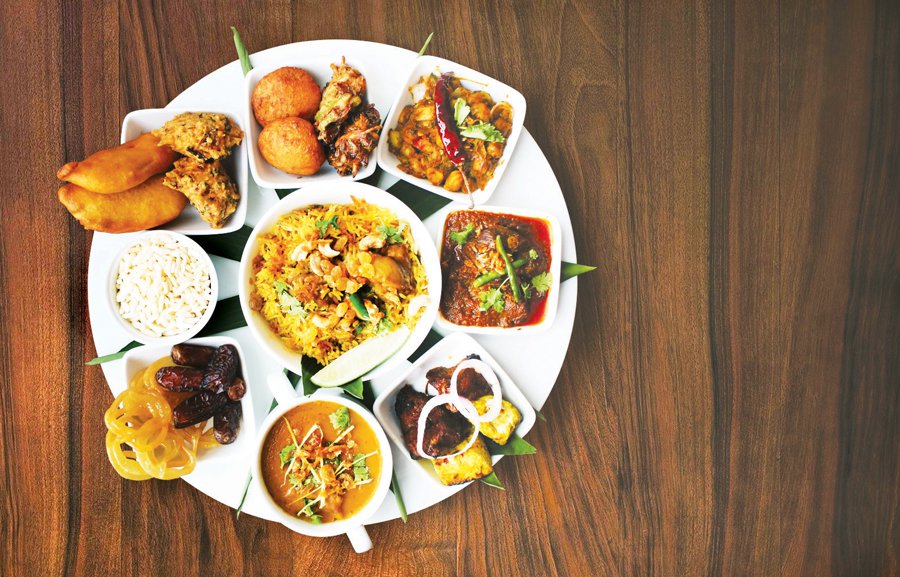

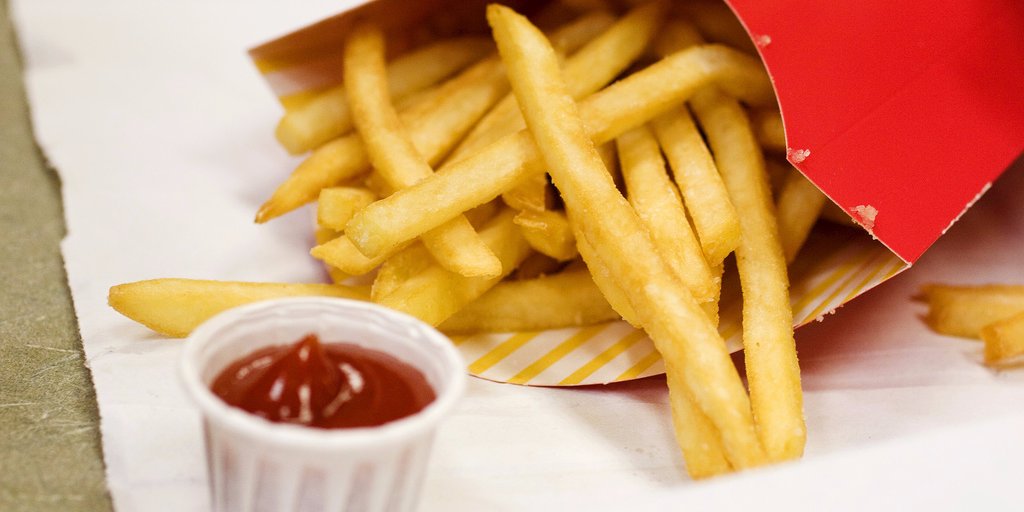
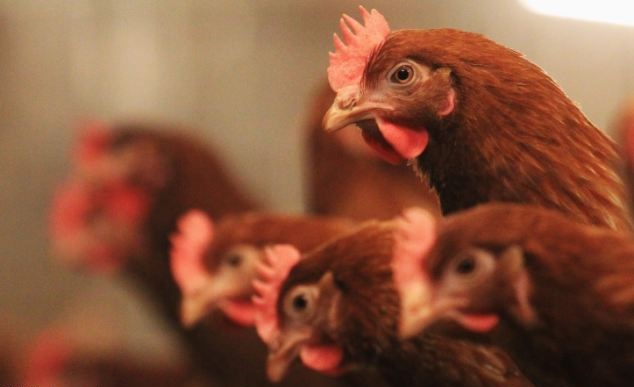
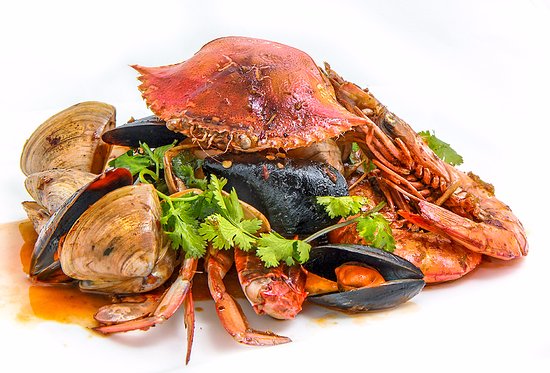
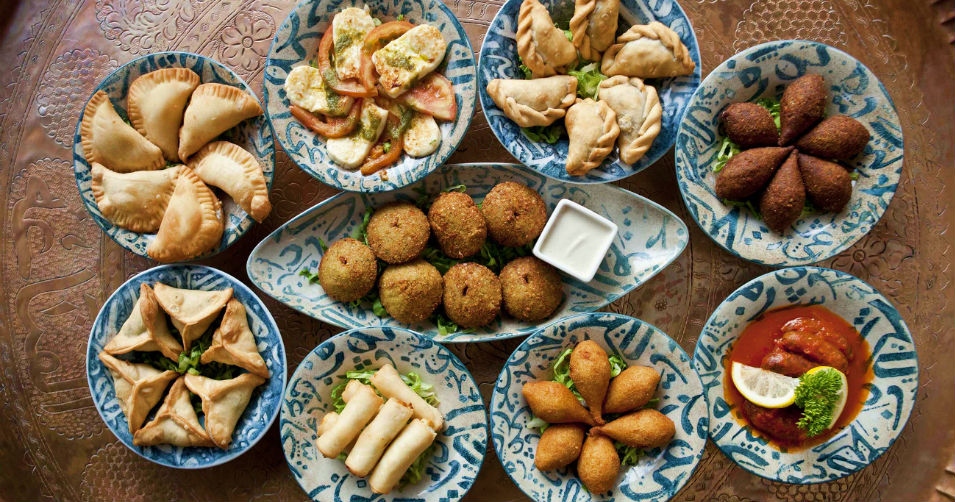
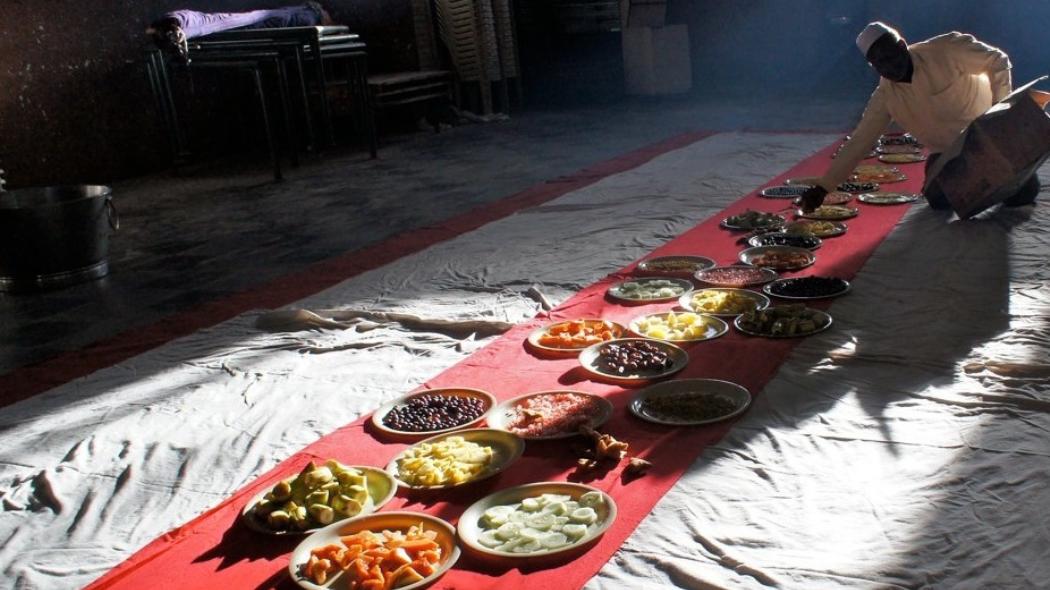
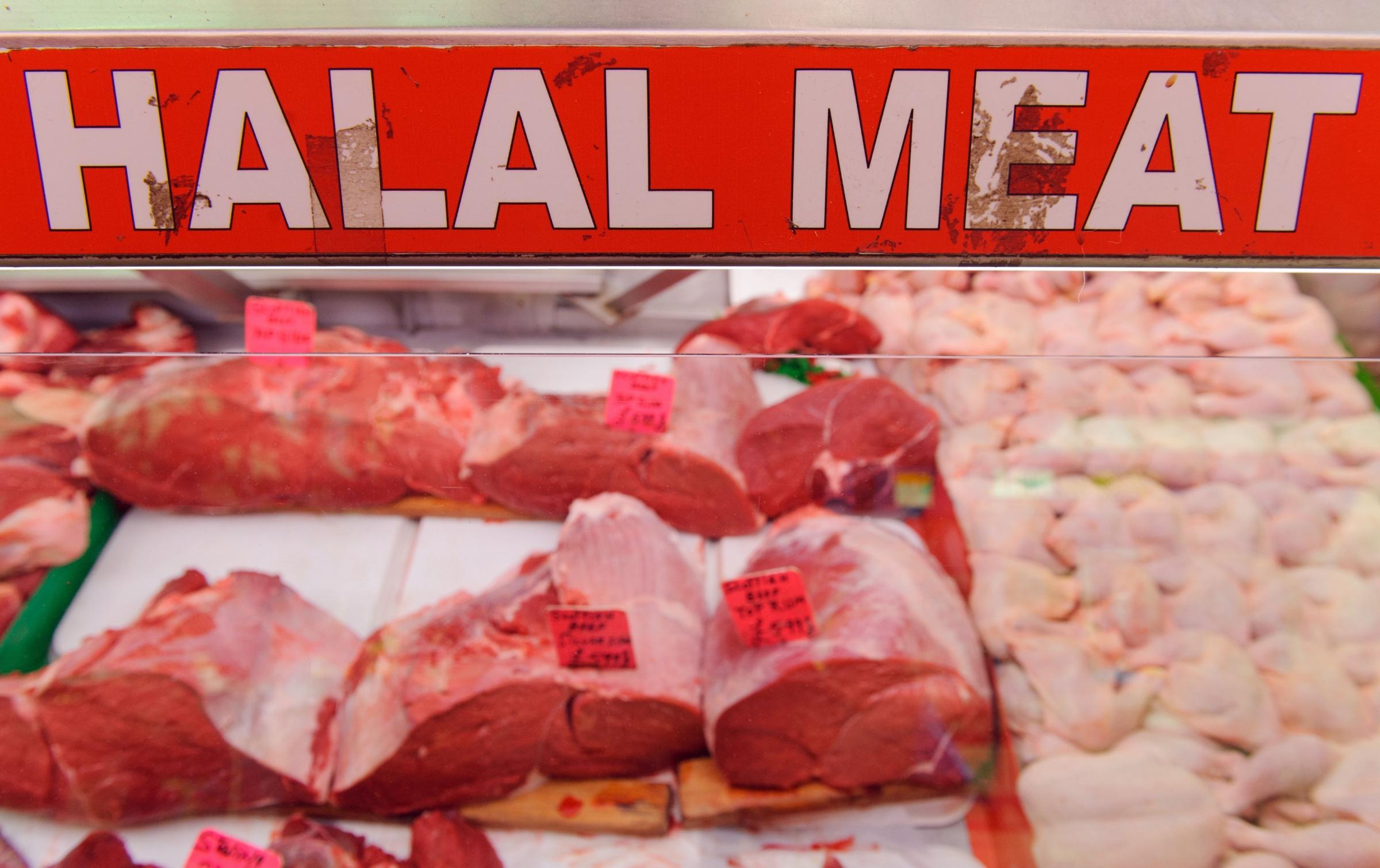
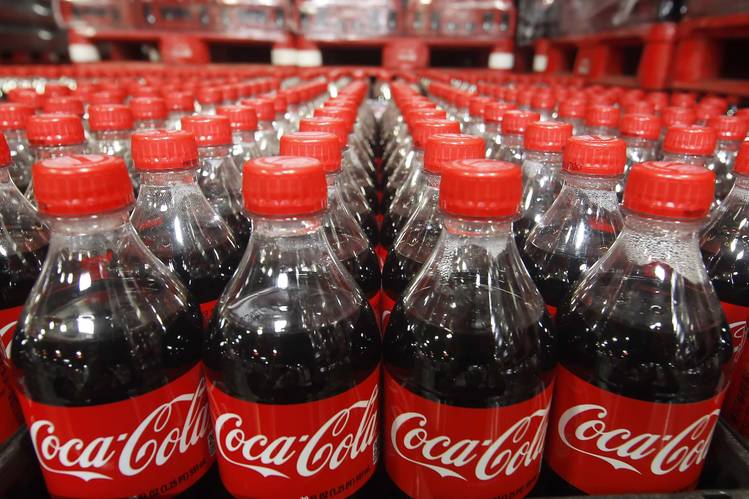
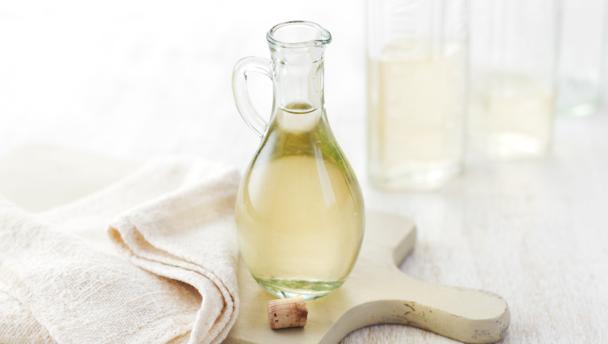
![[Q-ID0212] What is the ruling on drinking water in a standing position?](https://www.seekerspath.co.uk/wp-content/themes/hueman-pro/assets/front/img/thumb-medium-empty.png)
